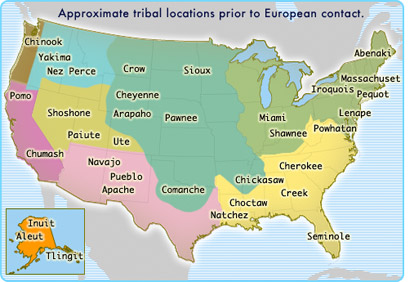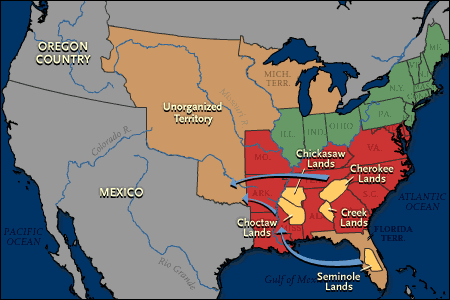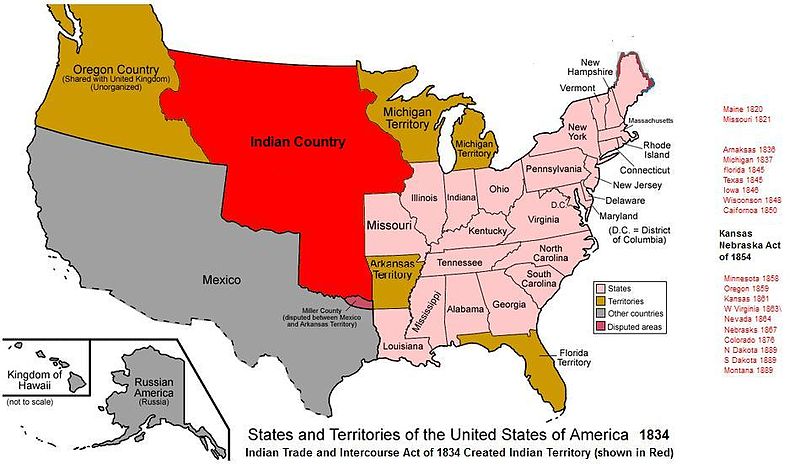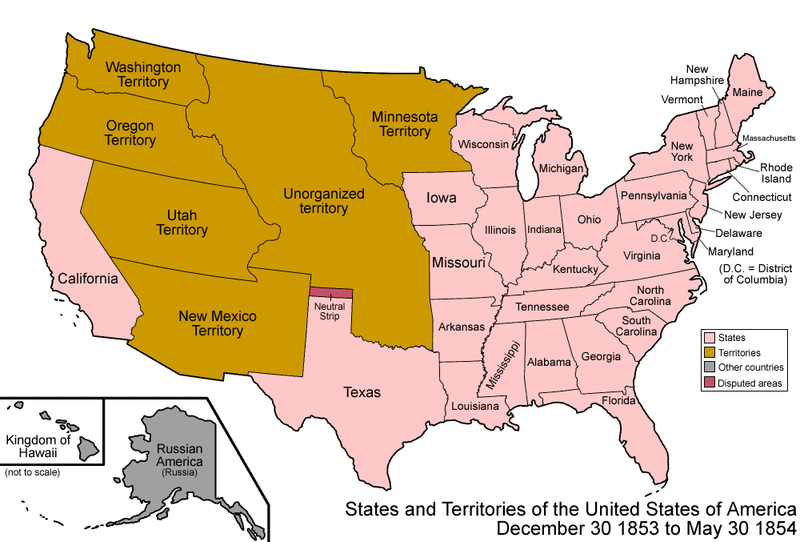For the North, the Civil War was a holy war against the sin of slavery. There was certainly no less fire for Godliness in the North than in the South.
The South was actually attempting to recreate the glory of pagan Greece (hence the plenitude of faux-Greek architecture).
All of Christianity by the late 1700s had acknowledged slavery as a heinous sin. Actually, Christianity had always regarded it at best in the category of vices like gambling, rum running, and prostitution. By the 1803s, all Christianity had determined it was a sin that must be ended for the sake of white men's souls.
Religion, as it was in the South, had become twisted and fallen totally out of the mainstream of Christianity. It's as though a demon principality had descended upon the South somewhere around 1830. Why else would white men who did not own slaves fight for a system that kept them poor? It was clearly known even then that slave labor devalued the labor of white men--that was the reason white men of the north fought against slavery in the new western states.
And let's not be naive. "Absolute power corrupts absolutely," and given absolute power over human beings, there was no perversion imaginable that slave owners did not commit against their slaves.
Western expansion depended, ultimately, on the vigorous industry of the north. I don't think history has actually changed the fortunes of either region. The South would still be the region highest in poverty, lowest in education, highest in crime. That demon is still there.
Truthfully, for anyone seeing the full side of history, there was a lot of polticial double-talk going on - as many in the North claimed to be against slavery ..but had no issue with blacks being seen as intellectual/moral inferiors and others fought to ensure inequality would remain. It was a much more covert form of racism - with the overt not seeming as "racist" simply because there was not as much of the same language where others "defended slavery" - but neo-slavery/wage slavery and debt slavery were just as much of an issue.
And it was those exact factors that left a BIG mark on the decades to come -
one of the reasons many blacks began to feel there was no hope for true justice in the U.S.
Christianity was just as messed up in the North as it was in the South in many respects - and even with slavery, it's interesting whenever it seems that many make it out in North America as if the Northern States were the first to wage war against it since Mexico had actually abolished Slavery.
On this day in 1829, the Guerrero Decree, which abolished slavery throughout the Republic of Mexico except in the Isthmus of Tehuantepec, was issued by President
Vicente R. Guerrero.
He was a major military leader during Mexico's war For Independence and as president ended slavery in his nation on September 15, 1829. In his words:
The President of the United States of Mexico, know ye: That desiring to celebrate in the year of 1829 the anniversary of our independence with an act of justice and national beneficence, which might result in the benefit and support of a good, so highly to be appreciated, which might cement more and more the public tranquility, which might reinstate an unfortunate part of its inhabitants in the sacred rights which nature gave them, and which the nation protects by wise and just laws, in conformance with the 30th article of the constitutive act, in which the use of extraordinary powers are ceded to me, I have thought it proper to decree:
1st. Slavery is abolished in the republic.
2nd. Consequently, those who have been until now considered slaves are free.
3rd. When the circumstances of the treasury may permit, the owners of the slaves will be indemnified in the mode that the laws may provide.
And in order that every part of this decree may be fully complied with, let it be printed, published, and circulated. Given at the Federal Palace of Mexico, the 15th of September, 1829. Vicente Guerrero To José María Bocanegra.
The decree reached Texas on October 16, but Ramón Músquiz, the political chief of the Department of Texas, withheld its publication because it violated colonization laws which guaranteed the settlers security for their persons and property. The news of the decree did alarm the Texans, who petitioned Guerrero to exempt Texas from the operation of the law. On December 2 Agustín Viesca, Mexican minister of relations, announced that no change would be made respecting the status of slavery in Texas. Though the decree was never put into operation, it left a conviction in the minds of many Texas colonists that their interests were not safe under Mexican rule.
By 1810, boldened by the American Revolution and the French Revolution, Mexicans sought their own revolution...but it'd take time. 1810-1821, the War of Independence, was very big...
Henry Louis Gates spoke in-depth on the subject in his documentary entitled "Black in Latin America" when it came to exploring the history of blacks in Mexican history..and being Black Hispanic myself, it's a big deal.
Black in Latin America E03, Mexico and Peru: The Black Grandma in the Closet
Mexico itself seemed to be a land that many Native Americans and Blacks fled to for refuge.
The book "Black Indians" by William Katz is one of the best addressments on the issue around. Although there were many Native Americans who had already been forced out of the south/other areas colonized and forced to relocate out west on reservations (many dying in the process of the journey)m there were others present in the west who had never encountered settlers. ....and this was significant in light of the battles happening in southern territories against both blacks/Native Americans who held their ground.
Black Seminoles are
one group that comes to mind amongst many others - with people like the legendary resistance fighter Billy Bowlegs II (181064) being one prominent example amongst many.
The Seminoles were a union of Southeastern Indian peoplesespecially Creekswho had lost their lands to English colonists and moved into Spanish-controlled Florida, along with independent communities of escaped black slaves, who became known as Black Seminoles.
John Horse was a powerful figure in the war that the Seminoles waged with the United States to fend off forced removal from Florida to Oklahoma. Unwilling to accept a restricted life of defeat in Indian Territory, he led a band of Black Seminoles into Mexico, where he died in 1882. There were, of course, many others
who resisted/fought when it came to Indian removal...
As William Katz wisely noted, almost all of the slaves who sought the protection of the Seminoles in Florida also left with them for Oklahoma when that was opened up. Many of their descendants are there today, organized as "Freedmen's Bands," and still living under the aegis of the Seminole Nation of Oklahoma. A few, who left Oklahoma in 1849 with the famous Florida warrior, Cowák:cuchî or Wild Cat, to fight other Indians in Mexico, returned to Texas and their descendants now live in the tiny town of Bracketville, near the Mexican border.
As Katz explains, Wild Cat led the offshoot Seminoles into Mexico because politically the pro slavery group held sway in Oklahoma in 1849 even though it was originally an area many blacks had fled to/hoped to gain dominance so that slavery wouldn't be so powerful. They were so effective in helping the Mexican President Santa Ana to police the Rio Grande border that the U.S. army sent Captain Frank Perry to negotiate the black Seminoles crossing into Texas in 1870. In return for their young men pacifying the previously uncontrollable Comanche, Kiowa, Apache, United States and Mexican bandits along the United States side of the border, the Seminoles were promised, food, necessities and, eventually, good farming land. ( page 76) Seminoles remembered signing this treaty with Perry, but the piece of paper, which soon became a bone of contention, disappeared. (page 78).
Although many who went to Mexico were blacks/slaves and Natives seeking freedom from colonial expansion, there were MANY men/women in great numbers who moved to the Texas territory as colonizers who came in search of wealth and adventure, eager to grab up the land Mexico was handing out by the acre. To those in the U.S colonies, as far as they were concerned, Mexico and anything West was up for grabs and simply needing to be cultivated...and in doing so, they agreed to convert to Catholicism and become Mexican citizens. Few did either. Once in Texas, they also realized there was much money to be made in Mexico's cotton industry. Their problem of labor involved was quickly solved through slavery which Mexico had banned.
Shocked by the rapidly rising rate of white immigration and disgusted by their use of slavery, the Mexican government started slapping on restrictions, which were ignored. The battle of the Alamo was fought over issues like Federalism, slavery, immigration rights, the cotton industry and above all, money. General Santa Ana arrived at San Antonio; his Mexican army with some justice regarded the Texans as murderous barbarians. Many of the American settlers ("Texians" they were called) were Southerners who believed in and practiced slavery. ..with them, again, seeing expansion west as a means of promoting their livelihood of slavery..
Through a series of battles on April 21, 1836 Santa Anna's force of about 1,200 was over-run in broad daylight by a sudden attack on its camp by Sam Houston's entire Texan force, then numbering 918. With the Texan camp only about a mile away over open terrain, Santa Anna had apparently posted no sentinels before retiring for a siesta and letting his tired troops do the same. The Texans lost nine dead and 30 wounded. Houston, who led from the front, lost two horses and was shot in the foot.
Santa Anna, captured the next day in the bushes, agreed to recognize Texas independence and ordered all Mexican forces to evacuate the lone star state. And as said before, it was anything but "just" in the way things were taken.

All that said, h
ad the South won the Civil War several things could have happened. A less unified America not so bent on "manifest destiny" may not have consolidated its forces in the eradication of the Indian nations..and it's possible slavery would have been abolished anyway as technology replaced manual laborers and the aged slaves became increasingly a financial liability..













